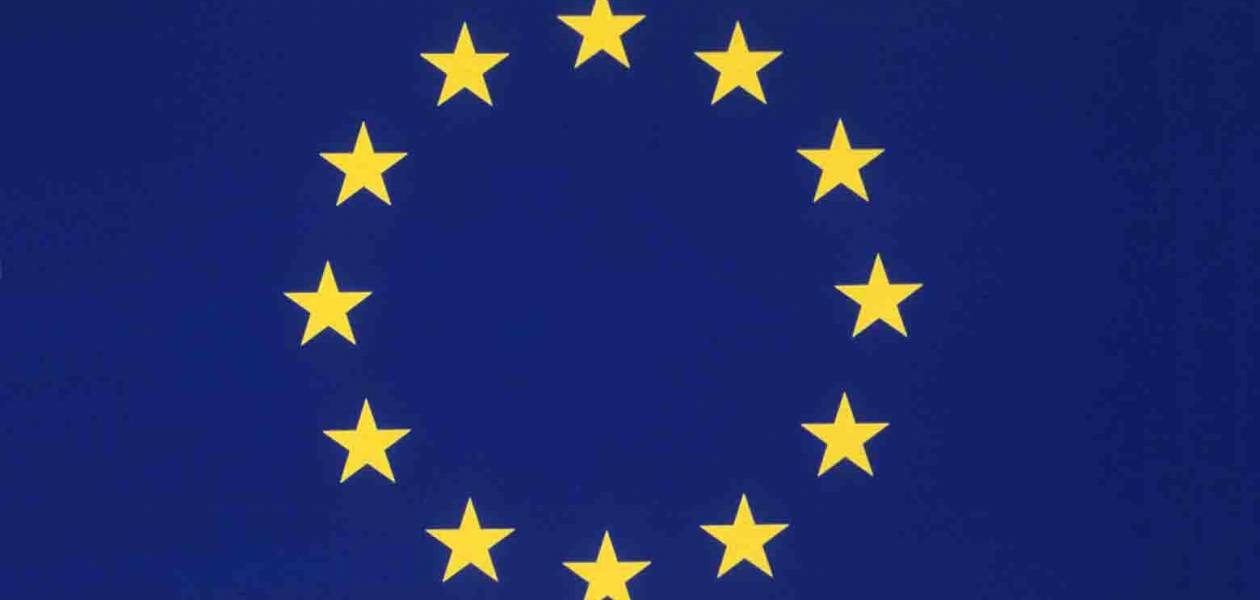
We will know, tomorrow, the work axes of the European Union to achieve its new objectives of 55% reduction of greenhouse gases by 2030 compared to 1990.
In order to accelerate the decarbonisation of its economy, the European Commission has prepared twelve legislative texts. Negotiations will therefore be able to be initiated between MEPs and Member States with the aim of obtaining agreements which will mark the phase prior to the ecological transition of the European Union. This “Green Pact” concerns many sectors of activity with, among other things, the end of the sale of combustion vehicles in 2035, a kerosene tax in the airline industry or the reform of the European carbon market (ETS). Regarding this last point, the pact provides for expanding the carbon market which was created in 2005. The principle of this market is to allow the exchange of “polluting permits” governing certain sectors (electricity, steelmakers, cement manufacturers, commercial aviation for flights within the EU). Companies are allocated emission quotas that they can then resell if they manage to contain their pollution below their forecasts.
However, the broad ambitions of the "Green Pact" plan to go beyond the sectors of activity already concerned to also include maritime transport, road transport, construction as well as fuels and fuel oils which would be increased according to the price per tonne of carbon which has doubled in two years.
Obviously, many of these measures are not without causing some social concern. This is what the NGO Réseau Action Climat reminded us of, which speaks of a “dangerous” proposal and fears that “the poorest households, who do not have access to low-carbon alternatives, will be penalized.” Quickly joined by Pascal Canfin, president (Renew, liberals) of the Environment committee in the European Parliament, according to which: “The political cost would be extremely high for a very low climate gain. This toxic measure would generate unnecessary tension, giving ground to grind against the whole of the Green Pact ”.
The Commission is also expected on the border “carbon tax” project, in the face of hostility from EU trading partners who cry out for “protectionism”. The aim is to discourage relocations to third countries with less stringent standards, against a backdrop of soaring carbon prices. According to the project seen by AFP, certain imports (steel, cement, electricity, etc.) would gradually be subject to the purchase of "emission certificates" based on the price of carbon in the EU, an "adjustment" to the same rules governing European producers. In return, the free allowances distributed to EU manufacturers and airlines to face foreign competition would gradually decrease between 2026 and 2036 according to the Context site.
Questions remain, however, for other sectors such as agriculture or waste. Member countries cannot agree on the level of additional efforts to be made and on the distribution of these efforts. Economic disparities are significant within the Union. Air transport, another sector particularly targeted by the measures, would be subject to a kerosene tax for intra-European flights, with the exception of cargo planes and private jets; which would lead, according to the major companies on the continent, to a “distortion of competition” with the rest of the world.
Finally, with regard to the States themselves, they will have to carry out energy savings revised upwards with a proposal to introduce a CO2 absorption target via natural "carbon sinks" such as forests.
The “Green Deal” has already aroused strong reactions from Greenpeace through its European director, Jorgo Riss, who declared that “it could become a screen to camouflage the insufficient reductions. emissions elsewhere. The European Union must stop greenwashing and support: fossil fuels, polluting transport, industrial breeding and deforestation ” . Finally denouncing " objectives insufficient with regard to science".
Posted on 2021-07-13 11:05








Comments